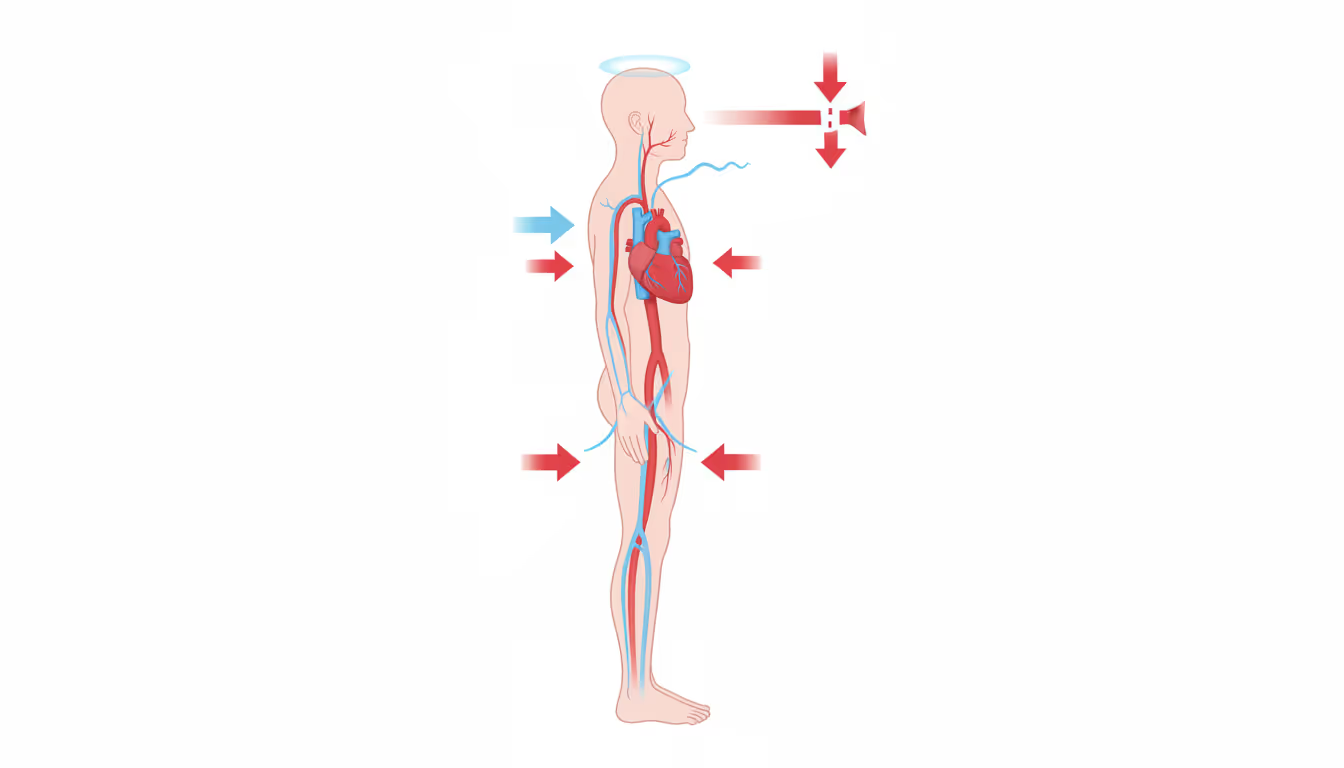
Gower syndrome, also known as situational syncope, is a temporary loss of consciousness triggered by specific situations. This can happen during events such as having blood drawn, straining during urination, defecation, or coughing, and may also be caused by strong emotions like fear or pain. Before fainting, individuals often experience paleness, nausea, sweating, and weakness.The condition is the result of a reflex action of the autonomic nervous system known as a vasovagal reaction. This reaction causes the heart rate to slow down and the blood vessels in the legs to dilate, leading to reduced blood output from the heart. Consequently, blood pressure drops, and circulation is redirected towards the legs rather than the head, depriving the brain of oxygen and causing fainting. The vasovagal reaction is also referred to as a vasovagal attack. Gower syndrome is synonymous with vasovagal syncope and other similar terms. Sir William Richard Gower (1845-1915), a notable English neurologist, lent his name to this syndrome as well as a sign, a solution, another syndrome, and a tract in the spinal cord.




